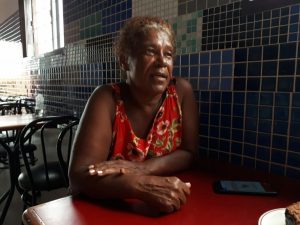
This Wednesday (25), it is going to be launched, in Campo Grande, Mato Grosso do Sul State, a project that invites everybody to get united and overcome one of the biggest social challenges, chemical dependency. Fraternity on the Street unites the Soul Clinic and the humanitarian organization Fraternity without Borders to shelter, treat and promote social reintegration of drug addicts. The project is going to be maintained by sponsorship system, donations and volunteers mobilization.
One of them is Marcelo Mesquita, a businessman who has already voluntarily dedicated himself to the recovery of chemical dependents, in São Paulo, where he lived. Last Christmas, when he was participating in a lunch for charity, he felt moved by the reality of homeless people around the old bus station building in Campo Grande. Right there, he suggested the union for the cause. “The recovery of these people is possible. We need to involve community business to embrace this cause and believe in these brothers and sisters reintegration”, said Marcelo.
Marcelo’s confidence is also found in many other volunteers who join the project. This faith motivates pastor Milton, the project’s creator and director of Soul Clinic since 2007. “Here we treat everybody like a big family. At Soul Clinic it is possible to do what is possible to do at a home”, simplifies the pastor, affectionately called dad by all residents.
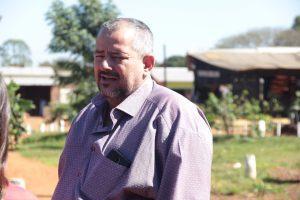
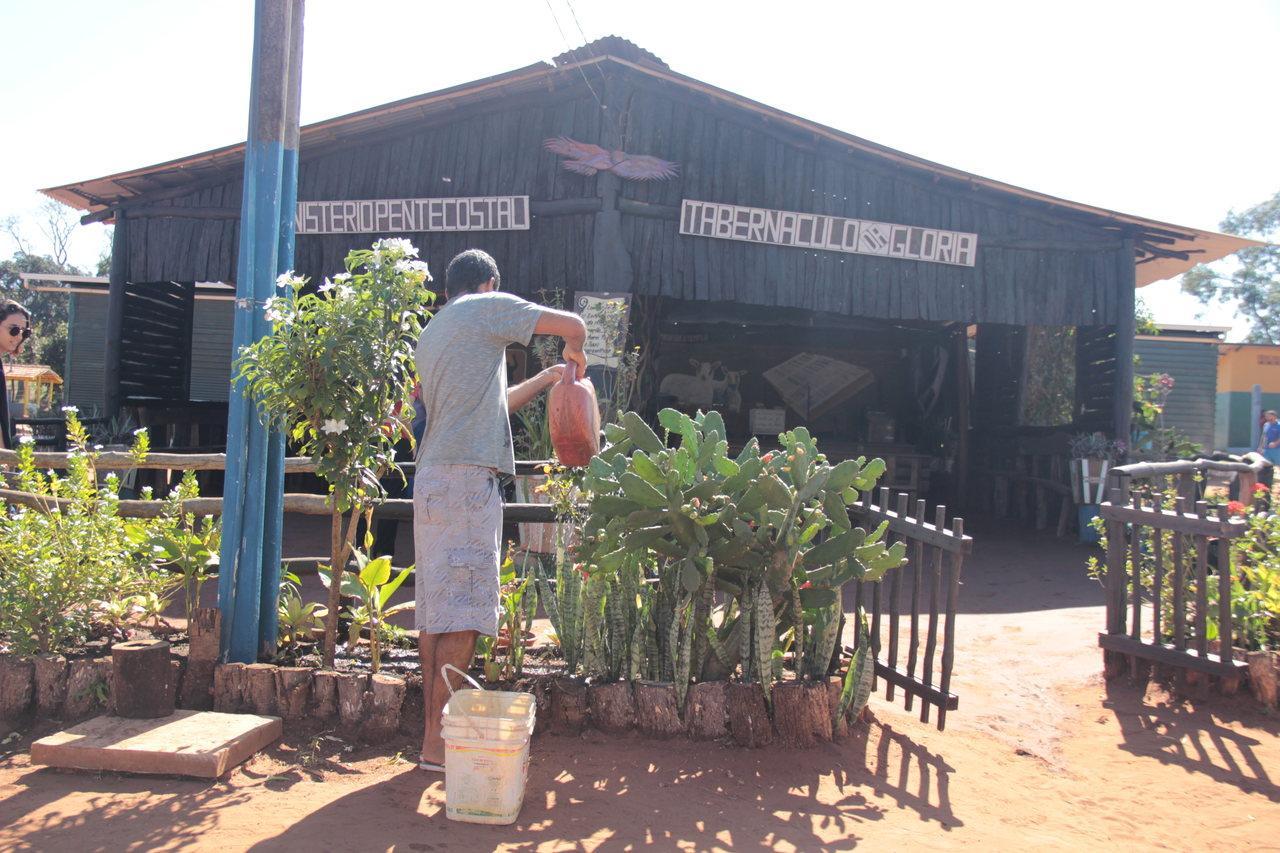
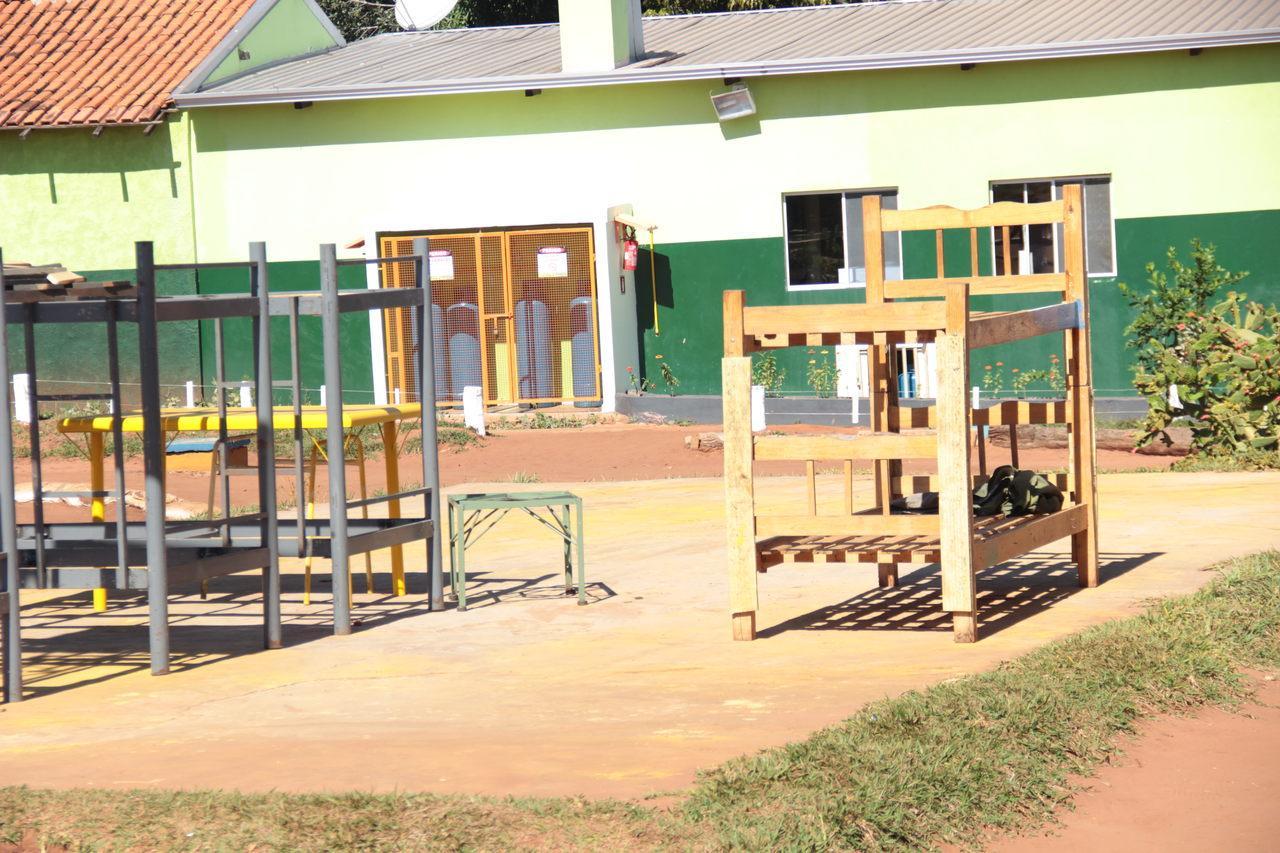
Soul Clinic works with work therapy method, both at women’s and men’s farm. Everything there is organized by the residents, from a mandarin plantation to the building of the bunk beds they sleep on. “We can’t and we don’t want them to have idle minds, that’s why they do the housekeeping, produce, cook and maintain daily things”, explains the pastor.
In this familiar environment with useful occupations, chemical dependents receive the incentive to find a new path in life. Sheltering process starts by approaching the homeless. After the fresh start invitation is accepted, if necessary, they are sent to a health facility, and they start living in Soul Clinic. The residency length is from 9 months to 1 year and after that comes resocialization phase which can last up to 2 years.

Yule Gomes has overcome all these steps and today he has a different life. “At Soul Clinic I have learned that we have a second chance, and God gives us this opportunity and if we use it properly we can grow and move on”, she says. “People use to say ‘Yule is helpless’ and today I’m here with my family”, she concluded, sounding grateful

Sidney Gondin is also a former Clinic resident. Today he is recovered, he is a businessman and managed to get back his family trust. “Soul Clinic was a watershed to me. God put me there no only to treat dependency, but also my selfishness. I didn’t mind about anyone but me and there, at the Clinic, I had to work at the pharmacy, I had to mind other people’s remedy hours, I had to care. I worked in three shifts and that thought me to pay attention to others and not only to me”, he said.
Yule, Sidney, and many others are witness for Soul Clinic changing work, that assists residents at no charge. The sincerity and love which the Clinic encourages fresh beginnings attracted Fraternity without Borders. “We want to form a great fraternal chain to support Pastor Milton’s huge heart and straighten this work that has faith in God and in the human being and touches us with these overcoming stories”, stated Wagner Moura, FWB founder and president.
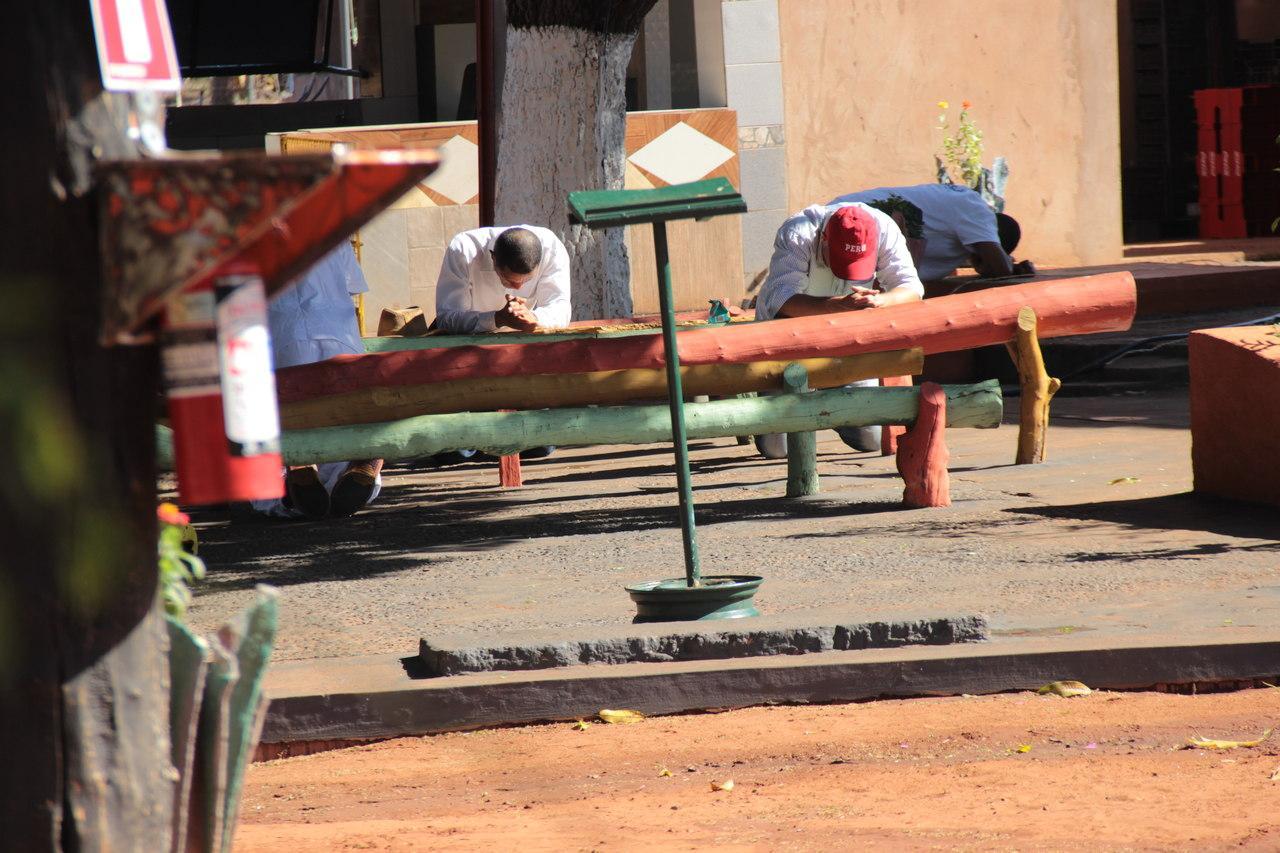
There are many ways of helping, the main one is sponsorship – a monthly contribution of R$50,00 or more, that will help expand assistance and guarantee continuity to the project. If you want to help or have more information about the project you can contact us on +55 67 30285429 or via email narua@fraternitywithoutborders.org.
THE FRATERNITY
Fraternity without Borders is a Non-governmental Organization founded in Campo Grande, Mato Grosso do Sul state, Brazil, in 2009, after a calling to Wagner Moura’s heart, the NGO president. Fraternity develops humanitarian projects in Brazil and Sub-Saharan Africa, considered the poorest region in the world. Thanks to the union of thousand volunteers, the NGO today assists 15 thousand people, mostly children. The humanitarian support is provided through sponsorship, volunteers, and supporters in Brazil and various parts of the world, and with that our fraternal chain grows each day a little.